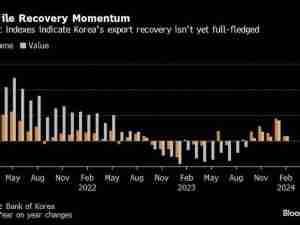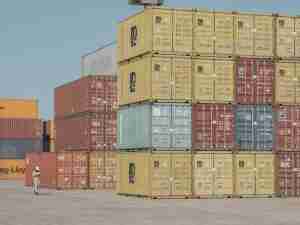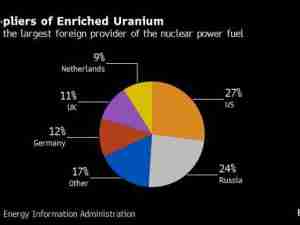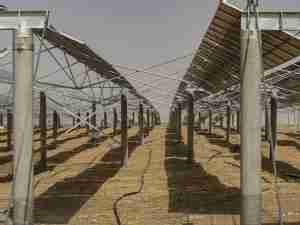Audi’s Brazil chief ripped the country for failing to open the market, limiting growth across the board.
The Volkswagen brand already assembles two models locally and wants to make more, pouring money into the country. But it can’t yet.
“We build cars in Brazil because it’s a closed market and to have even a little bit of success here, you have to be present, but not because it’s a great country and a great place to produce,” Johannes Roscheck, president of Audi in Brazil, said in an interview at an auto show in Sao Paulo. “I want to make new investments, I am fighting for it.”
Long-term planning is required to avoid an imminent collapse of the local industry should the market be opened, he said, citing the government’s 2030 project—signed earlier this month—as a serious attempt to attract new technologies and make Brazil competitive in the future.
“It’s exactly the right thing to do, and it just needs to be accompanied by action,” Roscheck said. The most recent government incentive for the industry expired last year. It encouraged automakers to invest in local factories in exchange for lower taxes on imported models.
Roscheck also hammered Mercosur, calling it an organization that exists in name only. He pointed out that the lack of consensus regarding issues like taxes and greenhouse gas emissions makes Brazilian-made cars sold in Chile twice as expensive as those made in Germany.
Mexico, meanwhile, is a “marvelous place to make vehicles,” with bilateral accords with almost the entire world, while in Brazil, “We have absolutely nothing,” Roscheck said.
Regardless of policy, next year should be an improvement over 2018. The association of car makers, Anfavea, noted last week that production and sales are already growing.
Audi is getting ready for 2019 with “a wide range of products” and a plan of attack and growth that doesn’t depend on incentives and subsidies that are of little use anyway, Roscheck said.
“Since the market has been oppressed for so long, there will be natural demand from people who have more confidence in the future of the country than before,” Roscheck said.







